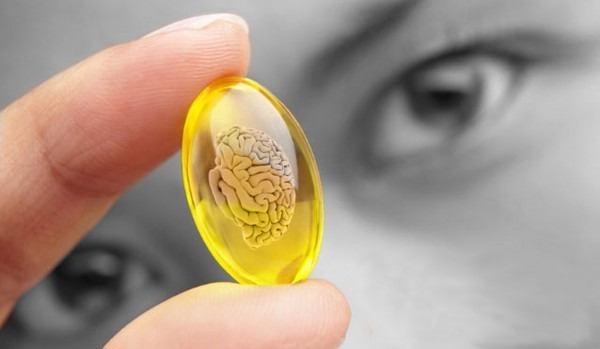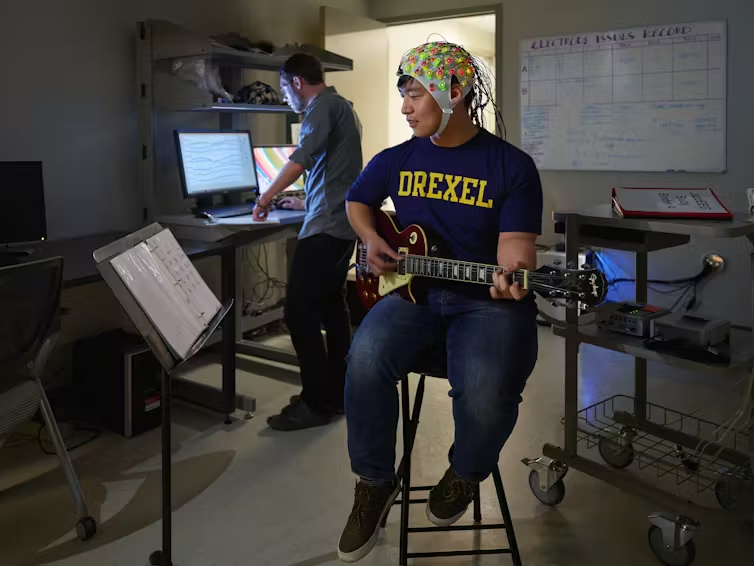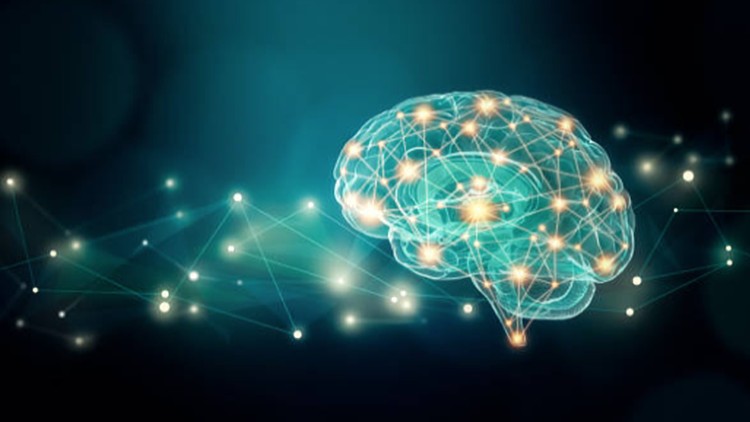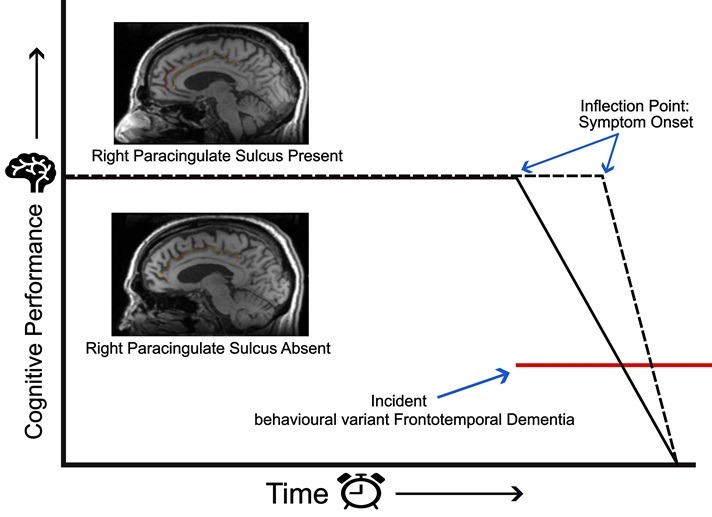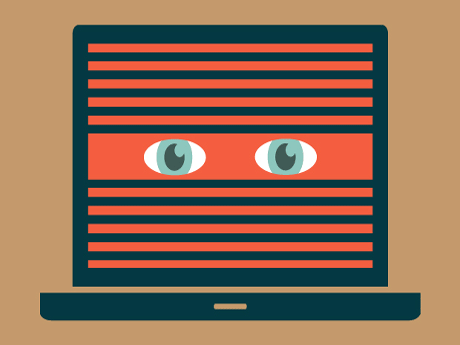Posts by The Conversation
Pros and Cons of using four nootropics–caffeine, creatine, L‑theanine, Ashwaghanda–as cognitive enhancers
Humans have long been searching for a “magic elixir” to make us smarter, and improve our focus and memory. This includes traditional Chinese medicine used thousands of years ago to improve cognitive function. Now we have nootropics, also known as smart drugs, brain boosters or cognitive enhancers. You can buy these gummies, chewing gums, pills…
Read MoreNeuroimaging study shows how being “in the zone” requires intensive practice first and then learning to surrender
Flow, or being “in the zone,” is a state of amped-up creativity, enhanced productivity and blissful consciousness that, some psychologists believe, is also the secret to happiness. It’s considered the brain’s fast track to success in business, the arts or any other field. But in order to achieve flow, a person must first develop a strong…
Read MoreLifestyle matters: What we can do in 2024 to optimize cognition and life, delaying cognitive problems even dementia
Walk 10,000 steps a day, cut back alcohol, get better sleep at night, stay socially active — we’re told that changes like these can prevent up to 40 per cent of dementia cases worldwide. Given that dementia is still one of the most feared diseases, why aren’t we pushing our doctors and governments to support…
Read MoreStudy identifies protective brain structure that delays the onset of frontotemporal dementia symptoms over 2 years
Few people had probably heard of frontotemporal dementia until earlier this year, when the family of actor Bruce Willis announced the 68-year-old had been diagnosed with the condition. Frontotemporal dementia is a rare disease – thought to account for only one in every 20 cases of dementia. Symptoms usually develop in a person’s late 50s,…
Read MoreNext: Harnessing Neuroplasticity, Medication AND Psychotherapy to treat mental health conditions
There is mounting recognition in the scientific community that combining different treatment approaches for mental health conditions can create a benefit greater than the sum of its parts. As a clinical psychologist and neuroscience researcher, I have been working to integrate insights from both fields to expand treatment options for those suffering from depression, anxiety and…
Read MoreNeurotech, neuroethics and brain data in context: Are “neurorights” the way to mental privacy?
Neurotechnologies – devices that interact directly with the brain or nervous system – were once dismissed as the stuff of science fiction. Not anymore. Several companies are trying to develop brain-computer interfaces, or BCIs, in hopes of helping patients with severe paralysis or other neurological disorders. Entrepreneur Elon Musk’s company Neuralink, for example, recently received…
Read More
